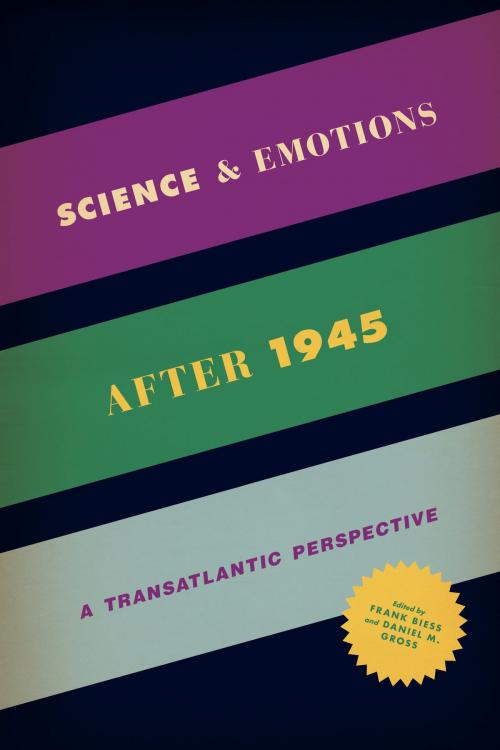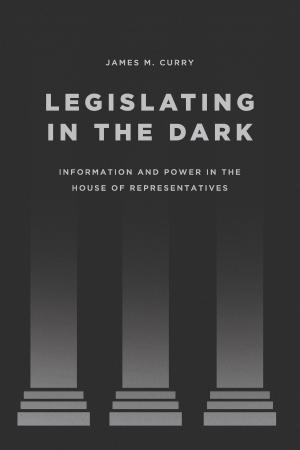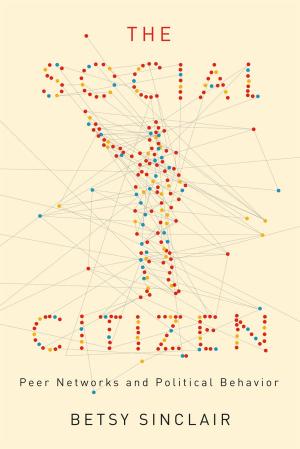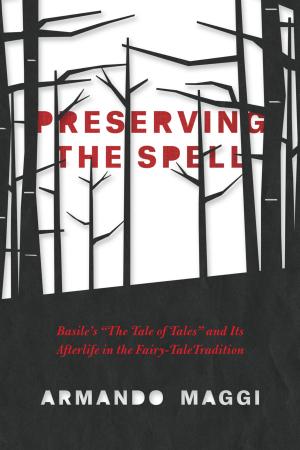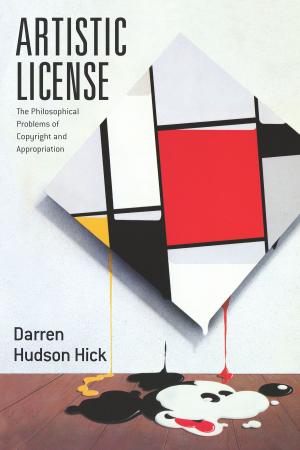Science and Emotions after 1945
A Transatlantic Perspective
Nonfiction, History, British, Americas, United States, 20th Century| Author: | ISBN: | 9780226126517 | |
| Publisher: | University of Chicago Press | Publication: | May 22, 2014 |
| Imprint: | University of Chicago Press | Language: | English |
| Author: | |
| ISBN: | 9780226126517 |
| Publisher: | University of Chicago Press |
| Publication: | May 22, 2014 |
| Imprint: | University of Chicago Press |
| Language: | English |
Through the first half of the twentieth century, emotions were a legitimate object of scientific study across a variety of disciplines. After 1945, however, in the wake of Nazi irrationalism, emotions became increasingly marginalized and postwar rationalism took central stage. Emotion remained on the scene of scientific and popular study but largely at the fringes as a behavioral reflex, or as a concern of the private sphere. So why, by the 1960s, had the study of emotions returned to the forefront of academic investigation?
In Science and Emotions after 1945, Frank Biess and Daniel M. Gross chronicle the curious resurgence of emotion studies and show that it was fueled by two very different sources: social movements of the 1960s and brain science. A central claim of the book is that the relatively recent neuroscientific study of emotion did not initiate – but instead consolidated – the emotional turn by clearing the ground for multidisciplinary work on the emotions. Science and Emotions after 1945 tells the story of this shift by looking closely at scientific disciplines in which the study of emotions has featured prominently, including medicine, psychiatry, neuroscience, and the social sciences, viewed in each case from a humanities perspective.
Through the first half of the twentieth century, emotions were a legitimate object of scientific study across a variety of disciplines. After 1945, however, in the wake of Nazi irrationalism, emotions became increasingly marginalized and postwar rationalism took central stage. Emotion remained on the scene of scientific and popular study but largely at the fringes as a behavioral reflex, or as a concern of the private sphere. So why, by the 1960s, had the study of emotions returned to the forefront of academic investigation?
In Science and Emotions after 1945, Frank Biess and Daniel M. Gross chronicle the curious resurgence of emotion studies and show that it was fueled by two very different sources: social movements of the 1960s and brain science. A central claim of the book is that the relatively recent neuroscientific study of emotion did not initiate – but instead consolidated – the emotional turn by clearing the ground for multidisciplinary work on the emotions. Science and Emotions after 1945 tells the story of this shift by looking closely at scientific disciplines in which the study of emotions has featured prominently, including medicine, psychiatry, neuroscience, and the social sciences, viewed in each case from a humanities perspective.
